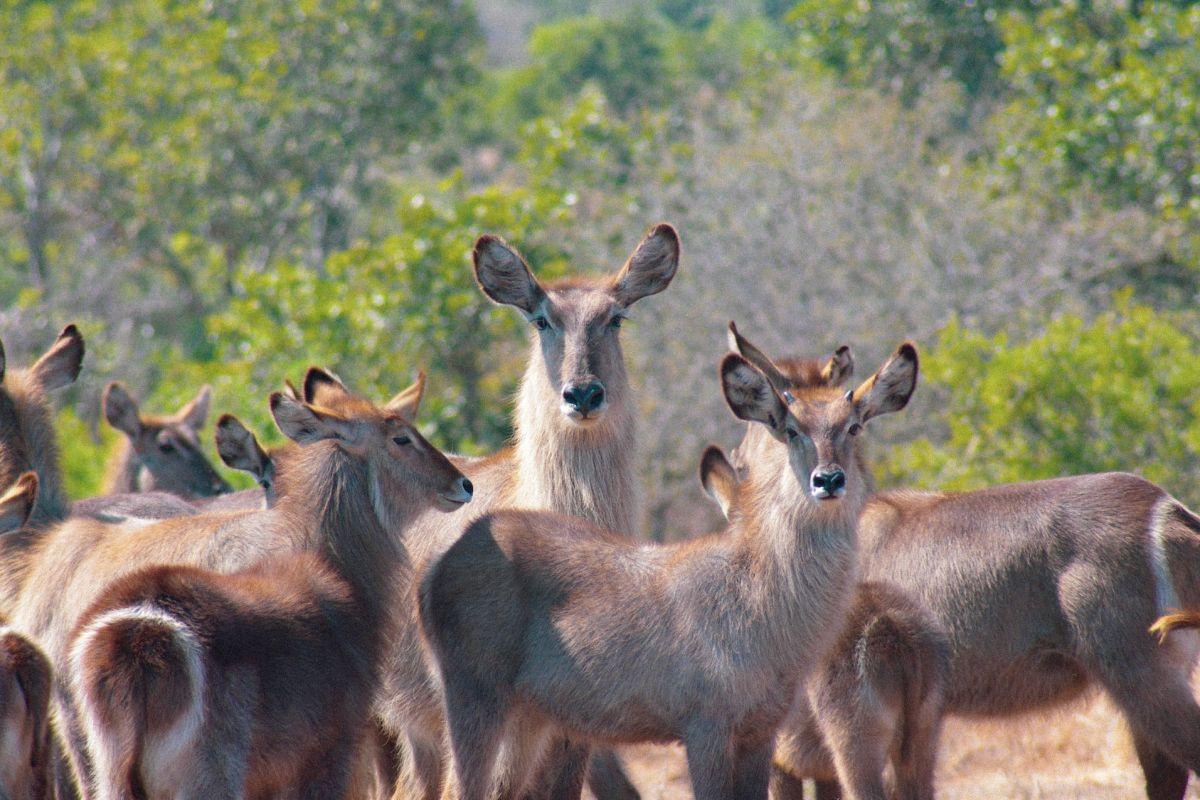shilohcreekkennels.com – Djibouti, a small nation located in the Horn of Africa, is home to a diverse array of wildlife that thrives in its unique habitats. From the arid deserts to the lush coastal areas, Djibouti’s ecosystems support a variety of species, many of which are endemic and face threats from human activities. In response, the country has undertaken significant conservation efforts to protect its natural heritage.
Djibouti’s Diverse Wildlife
Djibouti’s wildlife is as varied as its landscapes. The country’s arid regions are home to the Somali wild ass, a critically endangered species that is adapted to life in the desert. The coastal areas, on the other hand, are rich in marine life, including the endangered dugong, a marine mammal that is related to the manatee. Bird enthusiasts can observe a wide range of species, including the vulnerable African darter and the near-threatened white-backed vulture.
Conservation Challenges
Despite its rich biodiversity, Djibouti’s wildlife faces numerous challenges. Habitat loss due to urban expansion and agricultural activities is a significant threat. Additionally, climate change is altering the availability of water and food sources for many species. Poaching and illegal wildlife trade also pose risks to the survival of endangered animals.
Conservation Efforts in Djibouti
In response to these challenges, Djibouti has implemented various conservation measures. The establishment of protected areas, such as the Day Forest National Park and the Moucha Island Marine Protected Area, has helped to safeguard critical habitats. These areas are managed to ensure the sustainable use of natural resources while protecting wildlife.
Community Involvement
Community involvement is a cornerstone of Djibouti’s conservation strategy. By engaging local communities in conservation efforts, the government and NGOs aim to foster a sense of ownership and responsibility for the country’s natural heritage. This includes education programs, alternative livelihood initiatives, and the establishment of community-based conservation projects.
International Partnerships
Djibouti’s conservation efforts are also supported by international partnerships. Collaborations with organizations such as the African Wildlife Foundation and the Wildlife Conservation Society have provided technical expertise, funding, and resources to strengthen conservation initiatives.
Conclusion
Djibouti’s commitment to wildlife conservation is evident in its ongoing efforts to protect and preserve its natural heritage. Through the establishment of protected areas, community involvement, and international partnerships, Djibouti is working to ensure that its wildlife can thrive for generations to come. As the country continues to face the challenges of habitat loss, climate change, and illegal wildlife trade, the importance of these conservation efforts cannot be overstated.
